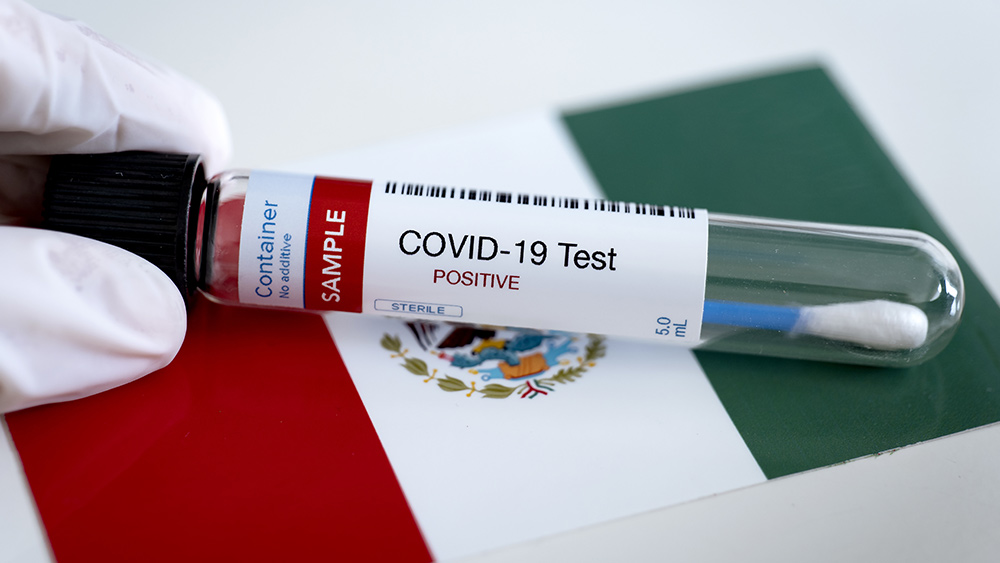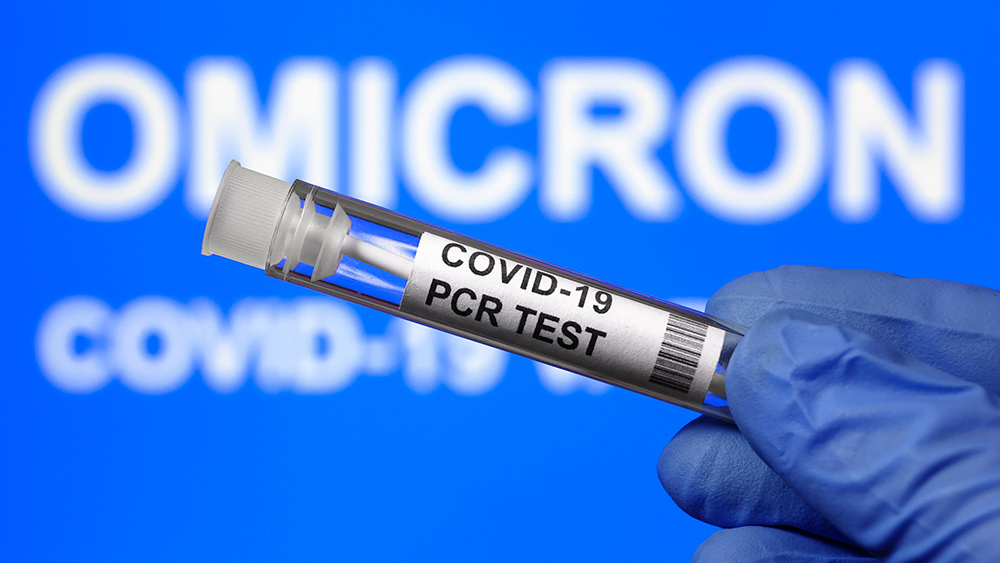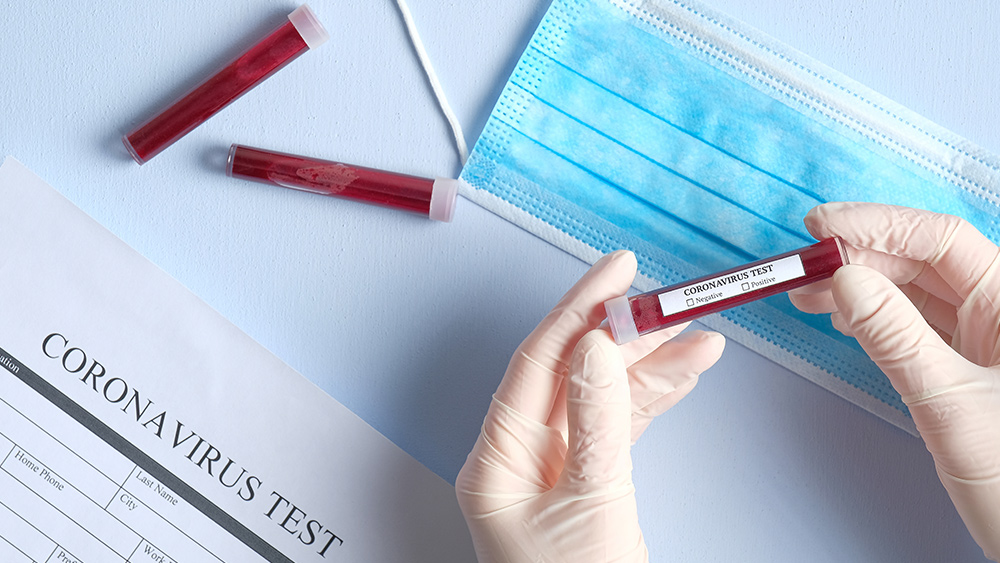
There will be an expensive new addition to City Winery's menu soon: a mandatory $50 COVID-19 nasal swab.
The restaurant and performance space located at New York City's Hudson River Park announced Wednesday that it will soon charge customers $50 for a rapid COVID-19 test administered at the door. Effective Tuesday, the test is part of City Winery's pilot testing program, which will take place on Tuesdays and Wednesdays.
In a press release, City Winery said that guests will participate in a mandatory wellness check upon arrival. A certified practitioner will then conduct the test using a shallow nasal swab, after which guests will wait 10–15 minutes for their results.
If the result is negative, the guest can enter the restaurant and continue to observe the usual health protocols, which include wearing a face mask and practicing social distancing.
But if a guest's rapid test result is positive, the restaurant will conduct a polymerase chain reaction (PCR) test. The results of this test will be sent to a Clinical Laboratory Improvement Amendments (CLIA) laboratory for validation, which will take 24 hours. However, the guest will no longer be allowed to enter the restaurant.
In addition, employees will be required to test negative prior to their shift to ensure that all individuals on the premises have tested negative that day. City Winery's Chief Executive Officer Michael Dorf said that while the price for the test may be steep, he hopes that local governments and insurance companies can pay for the fees on behalf of the customers.
Dorf also said that this new testing program would allow guests to dine as safely as possible while helping the business itself stay afloat. City Winery is open test-free from Thursday through Monday. During testing dates, the restaurant offers outdoor dining as well.
FDA cautions against rapid tests, cite unreliable results
While City Winery's latest policy is a step towards ensuring safety for both guests and employees, it is unclear whether this will bring in more customers or drive them away further. On the one hand, customers might feel more at ease knowing all individuals inside the premises have tested negative.
However, the steep price of the actual test on top of their tab might put them off from dropping by in the first place. There is also the issue of whether or not rapid tests are reliable to begin with. Early this month, the US Food and Drug Administration (FDA) issued an alert on rapid tests, warning that they can produce incorrect positive results.
Such results are more likely to appear in populations with low virus prevalence or when the test is incorrectly performed. The FDA also stated that rapid tests are generally used on people who are suspected of COVID-19 due to the presence of symptoms.
Given these considerations, it is not advisable to conduct rapid tests on people who have not been exposed to confirmed or suspected COVID-19 patients or those who do not display symptoms consistent with COVID-19. (Related: Louisiana cautions against rapid coronavirus tests due to erroneous results.)
NYC restaurants struggle amid restrictions
Even with a high likelihood of an incorrect positive result, a $50 test is far from being the only thing stopping people from dining out.
Since the pandemic hit the US in March, businesses and establishments have been struggling to stay afloat, a situation most felt by restaurant owners in New York City. In fact, many of the city's 24,000 restaurants have reportedly closed for good, while those that remain open are headed towards the same fate. Recent estimates even suggest that up to one-half of all NYC bars and restaurants may close permanently before 2021.
Just recently, New York Gov. Andrew Cuomo issued a 10 p.m. curfew for bars and restaurants. Many owners chafed at this new statewide policy, citing the toll it will take on their already struggling businesses.
For instance, food establishments that are typically in full-swing throughout the evening will be forced to cut their operating hours by nearly half, discouraging customers and slashing employees' paychecks.
Outdoor dining, while considered a safer option than indoor dining, has also cost many owners thousands of dollars to set up and winter-proof for customers. But health experts still worry that tents, space blankets and other equipment designed to make outdoor dining more pleasant for customers will only increase the risk of transmission.
In light of these hurdles, it appears that NYC bars and restaurants have very limited options to make money before the year ends. “I think it's going to be kind of gloomy for the winter for a lot of businesses,” said Treis Hill, co-owner of two Brooklyn bars, Baby Jane and Dick and Jane’s.
Read the latest updates about the coronavirus pandemic at Pandemic.news.
Sources include:
Please contact us for more information.


















